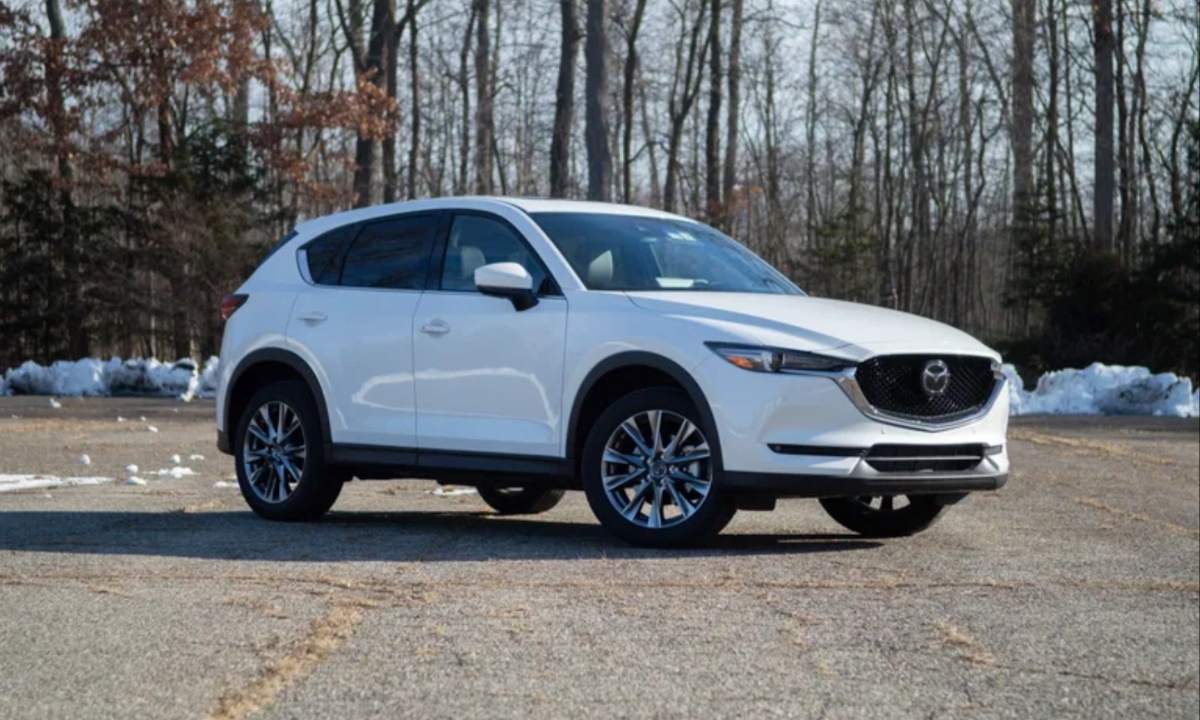The crossover SUV market offers buyers versatility, comfort, and performance. But amid shiny displays and test drive thrills, a critical factor often gets sidelined: long-term reliability. Some models dazzle at first, only to frustrate owners with costly repairs and constant shop visits. Others may seem plain but deliver steadfast service year after year.
This guide explores both ends of the spectrum—five crossovers that “fail fast” due to recurring quality issues, and five that “last”, known for consistent performance and dependability. For those seeking smart investment over short-lived flash, understanding this divide is essential.
5 Crossovers That Fail Fast
1. Chevrolet Bolt EUV: Electric Promise Undone by Problems
The Chevrolet Bolt EUV is an affordable and efficient EV with a 247-mile range and zippy city handling. Its sub-$21,000 price tag at some dealerships is tempting, and its regenerative braking and spacious interior enhance appeal. But the glow fades quickly due to a dismal 1 out of 5 predicted reliability score.
Owners report water leaks, electric motor faults, and problematic electronics. The absence of all-wheel drive further limits its versatility in colder climates. While the Bolt EUV shines in value and innovation, its shaky long-term dependability makes it a better choice for short-term leasing rather than ownership.
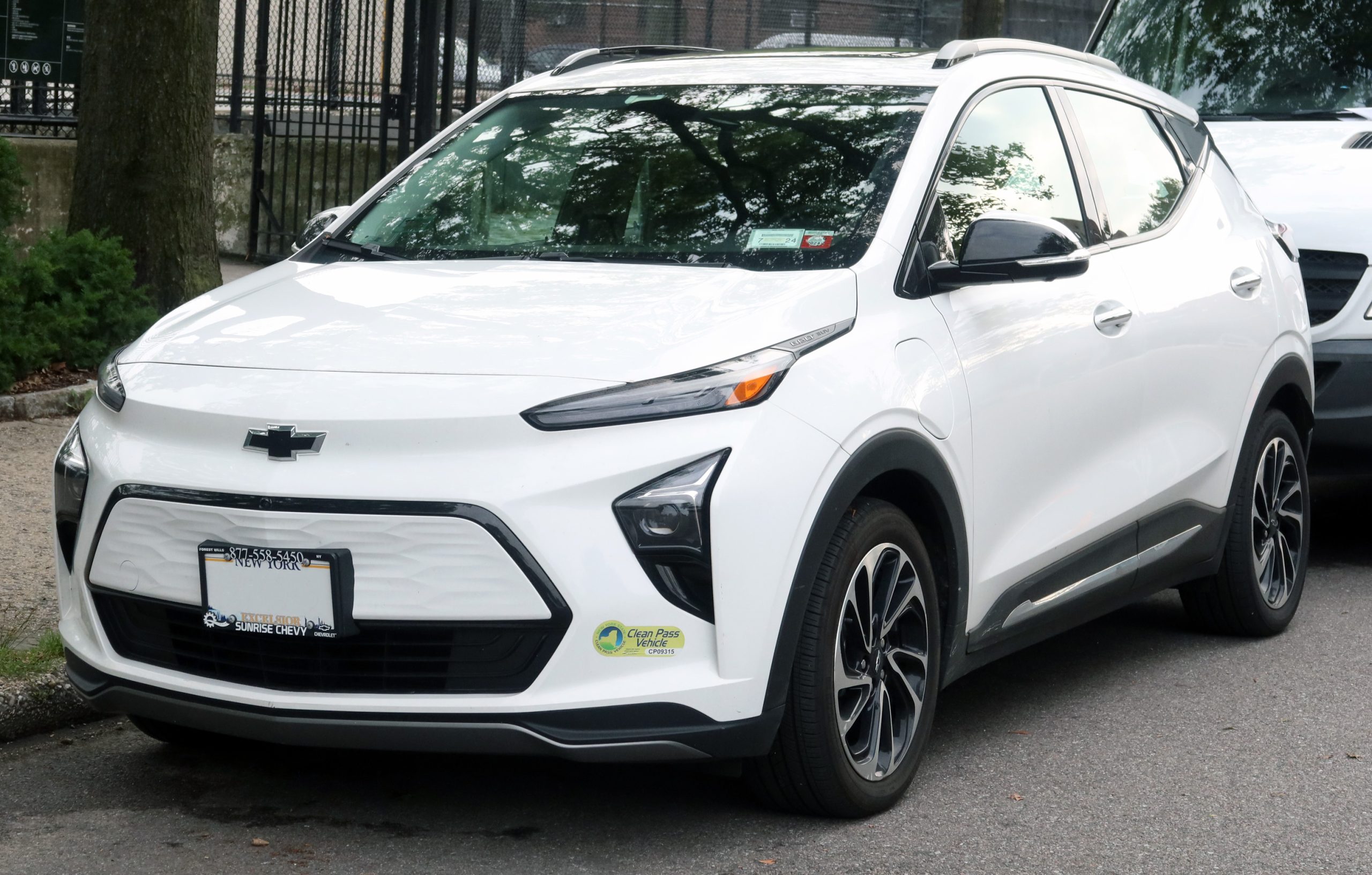
2. Jeep Compass: Off-Road Edge, On-Road Letdown
The 2025 Jeep Compass has standard four-wheel drive and a 200-horsepower turbocharged engine, making it decent off-road. However, it falters as a daily driver due to numb steering, a stiff ride, and poor fuel economy. A 2 out of 5 reliability rating and outdated transmission parts compound the concern.
Inside, trim quality varies widely, with rear-seat and cargo space lagging behind class leaders. While leasing deals may enhance its affordability, the Compass’s unpredictable mechanical track record makes it a risky long-term option. For most buyers, there are more well-rounded, dependable alternatives in the compact SUV category.
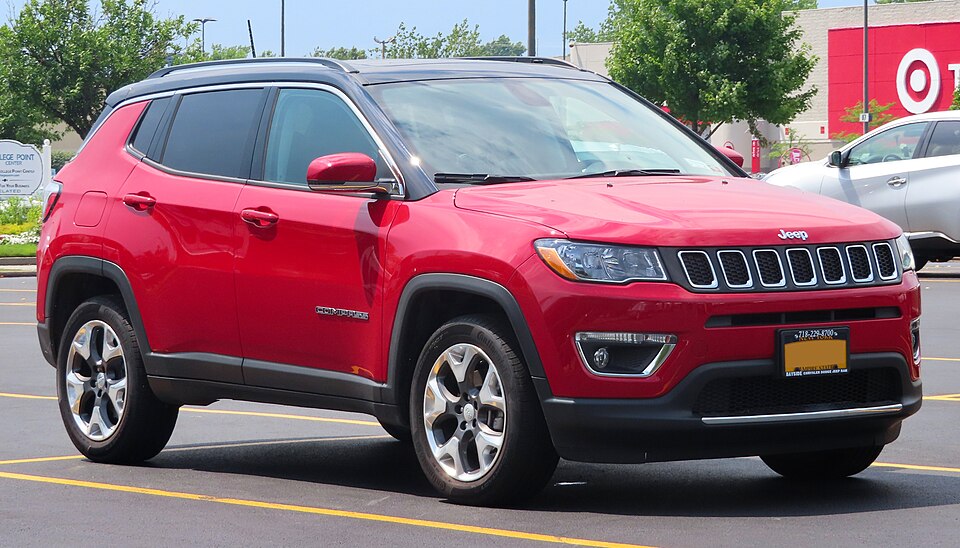
3. Dodge Durango: Muscle Over Maturity
The Dodge Durango, particularly the Hellcat SRT trim, offers unmatched power—710 horsepower and best-in-class towing at 8,700 pounds. But its muscle-car persona hides real flaws.
A 2 out of 5 reliability rating reveals issues with build quality and aging mechanics. Even with three flashy new trims for 2025, the updates are cosmetic, and prices soar past $100,000.
Despite strong performance credentials, the Durango is outclassed in refinement, efficiency, and long-term value by models like the Kia Telluride. It’s fun while new, but over time, repairs and wear turn this bruiser into a costly burden for everyday families.

4. Buick Enclave: High-Tech Makeover, Old Habits
Buick’s 2025 Enclave aims to impress with a bold redesign, 328-horsepower turbo engine, and a massive 30-inch digital display. While these features may attract younger buyers, familiar flaws return. It still earns just a 2 out of 5 reliability score, plagued by powertrain and electronic system issues carried over from past versions.
Competing with more reliable rivals like the Hyundai Palisade and Acura MDX, the Enclave struggles to justify its premium pricing. The Preferred trim offers some balance of value and features, but reliability doubts make it a questionable investment for those looking to own beyond the warranty period.
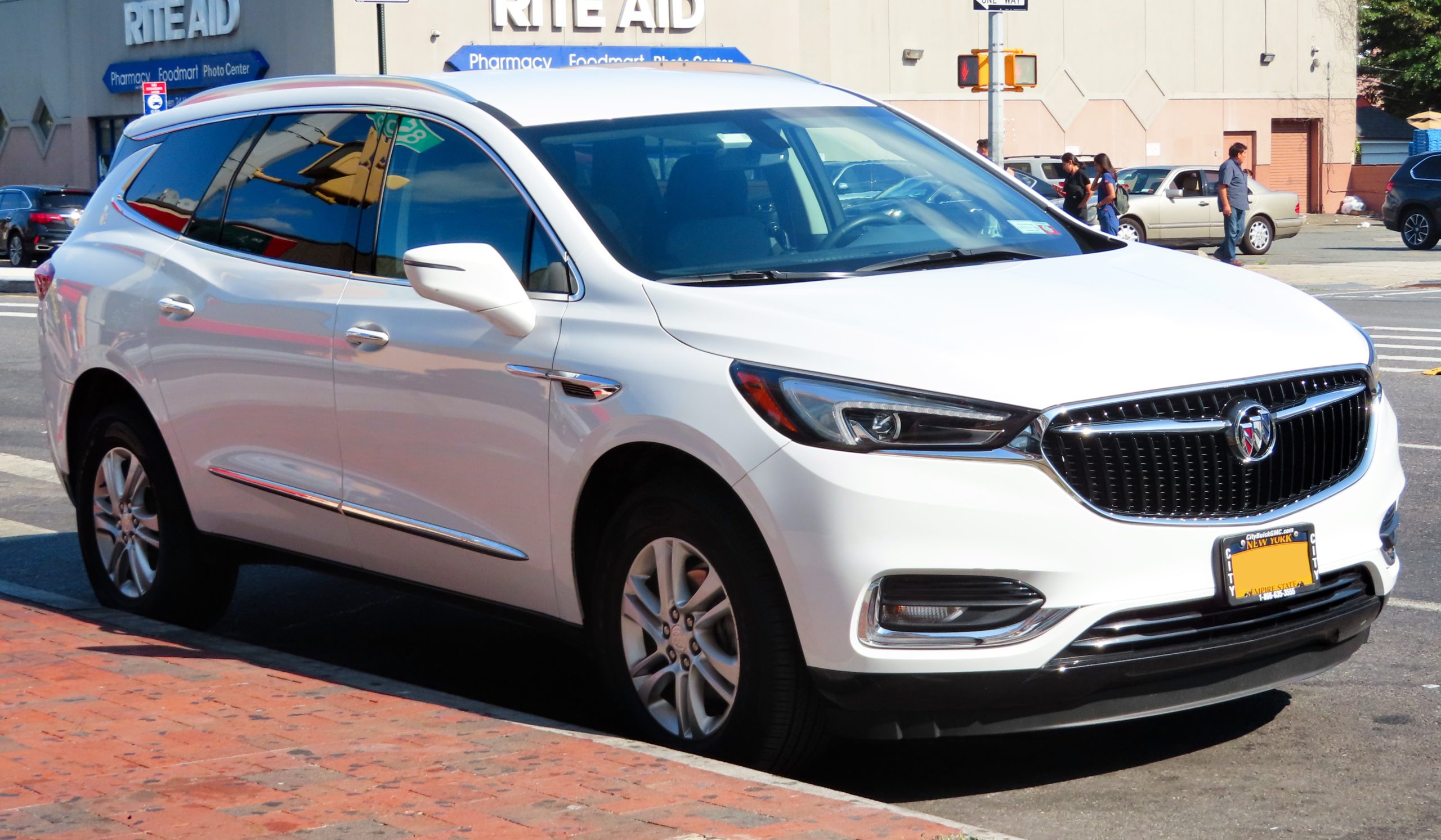
5. Alfa Romeo Stelvio: Beauty Built on Fragile Foundations
The Alfa Romeo Stelvio turns heads with its Italian design and Ferrari-inspired performance, particularly in its Quadrifoglio trim. Even base models boast sharp acceleration and agile handling.
However, its 1 out of 5 predicted reliability rating reflects deeper issues. Common failures in electronics and complex onboard systems leave owners frustrated. A tight interior and rough ride further reduce comfort.
While it competes visually with BMW and Mercedes models, the Stelvio doesn’t hold up mechanically. Unless leasing short-term, buyers are likely to face high repair costs and unexpected downtime. In the long run, it’s more style than substance.
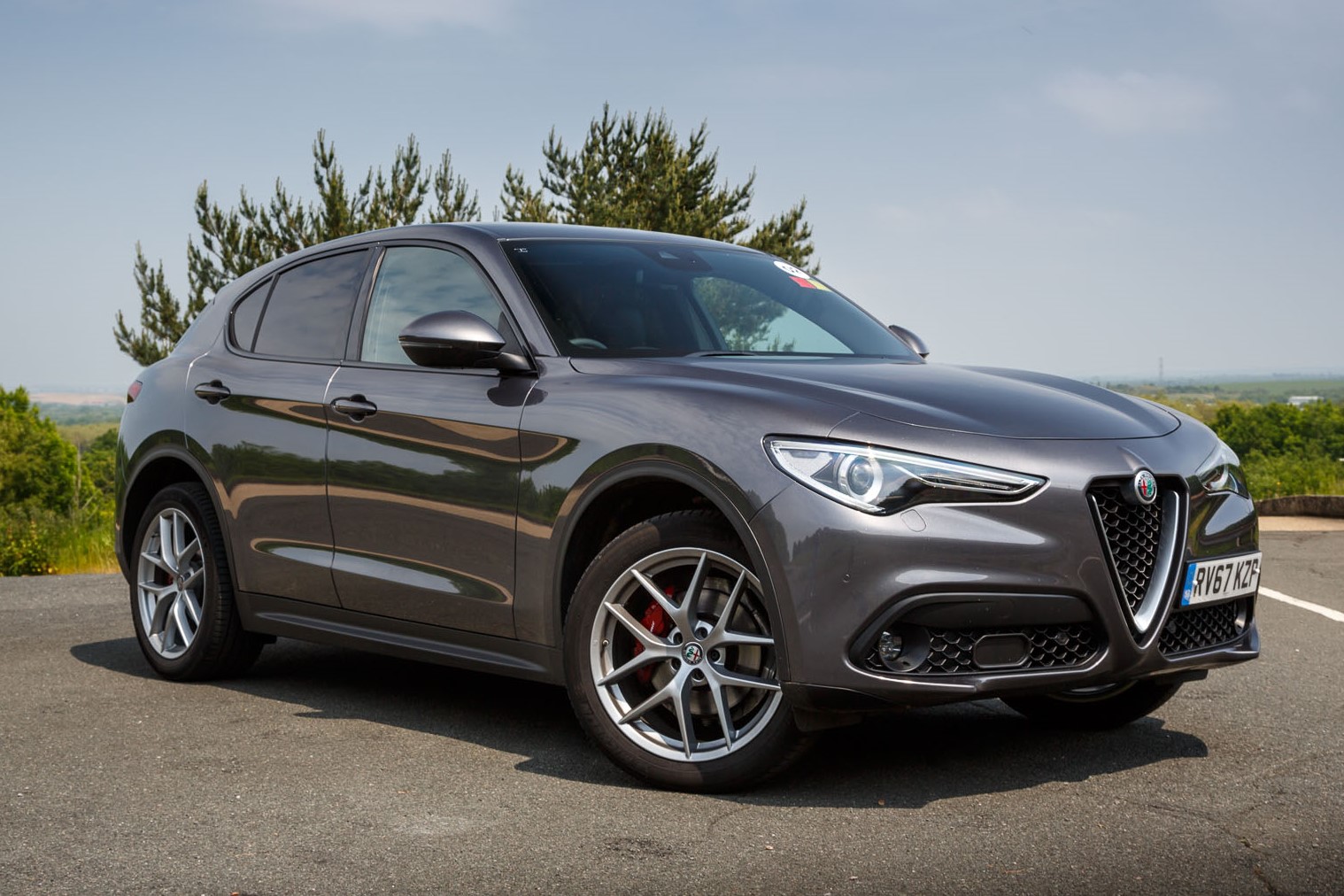
Also Read: 10 Cars That Make Life Easier When Driving On Regular Basis
5 Crossovers That Last
1. Lexus UX: Entry-Level Luxury That Endures
The Lexus UX may be compact, but it delivers premium feel, fuel efficiency, and above all, bulletproof reliability. Toyota’s reputation for durability is on full display, with minimal reported issues and consistently high reliability scores. The UX blends refined driving dynamics with upscale interiors, making it a solid urban commuter.
Though rear-seat space is limited, the hybrid variant offers excellent mileage and low maintenance costs. While it may lack the flash of European rivals, its long-term dependability and low cost of ownership make it an ideal choice for budget-conscious buyers who don’t want to sacrifice luxury or peace of mind.
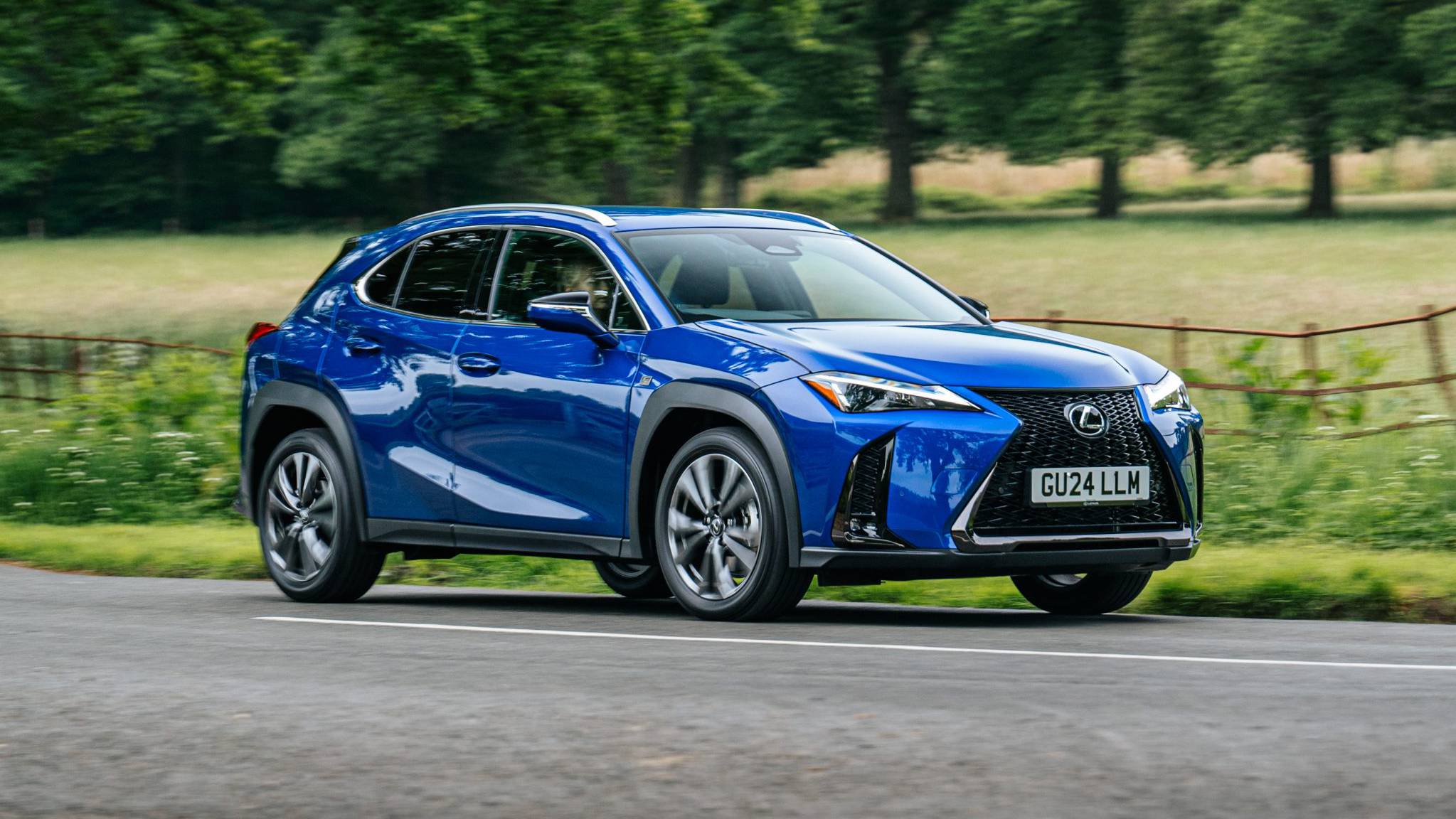
2. Honda HR-V: Dependability in a Simple Package
Honda’s HR-V is a benchmark for subcompact SUV reliability. Known for its clever Magic Seat system, roomy interior, and efficient engine, it consistently ranks high in dependability and customer satisfaction. The latest generation improves on styling and tech while maintaining the brand’s core strengths: low maintenance, high resale value, and real-world fuel economy.
It may not have the most powerful engine or upscale features, but it excels in the areas that matter long-term. For budget-conscious drivers seeking daily dependability without drama, the HR-V is a no-nonsense choice that lives up to Honda’s durable reputation.
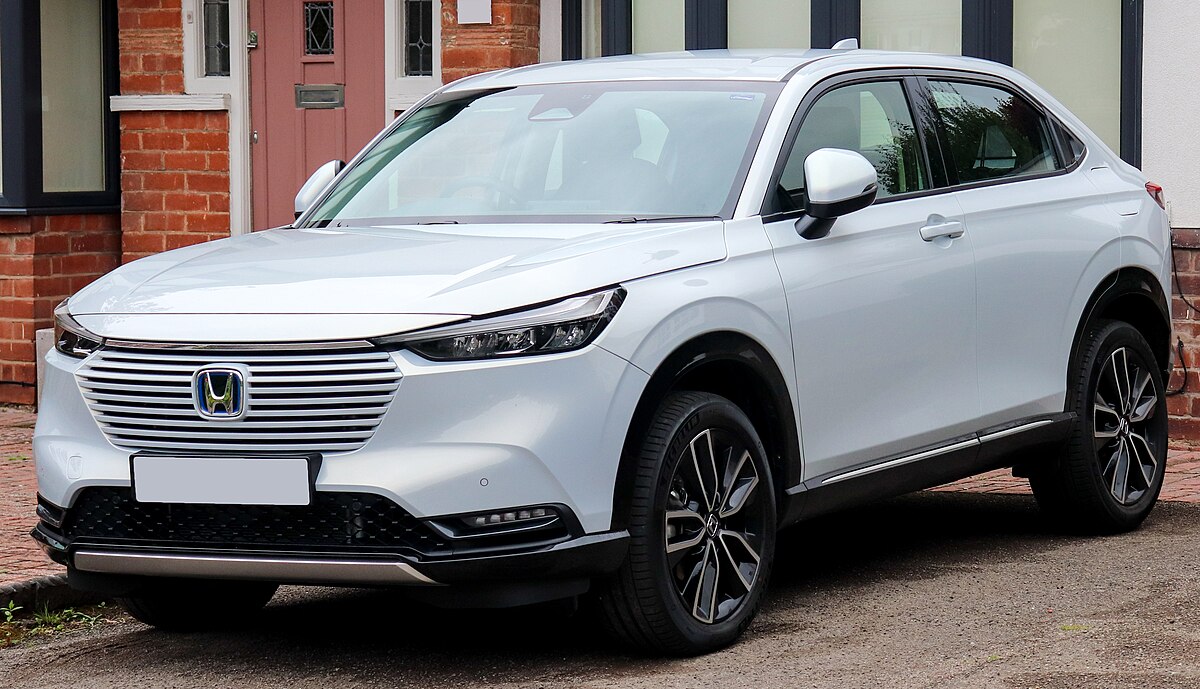
3. Mazda CX-5: Driving Fun Meets Reliability
The Mazda CX-5 combines upscale styling, athletic handling, and interior quality that punches above its price. But its standout trait is consistent reliability. Year after year, it earns high marks in consumer reports and owner satisfaction.
Its turbocharged engine option offers spirited driving without compromising fuel economy or build quality. Inside, soft-touch materials and intuitive controls create a near-luxury experience.
Despite being a performance standout in the compact SUV class, the CX-5 doesn’t sacrifice reliability, making it ideal for drivers who want both joy behind the wheel and minimal repair bills. It’s an all-around winner in longevity and value.
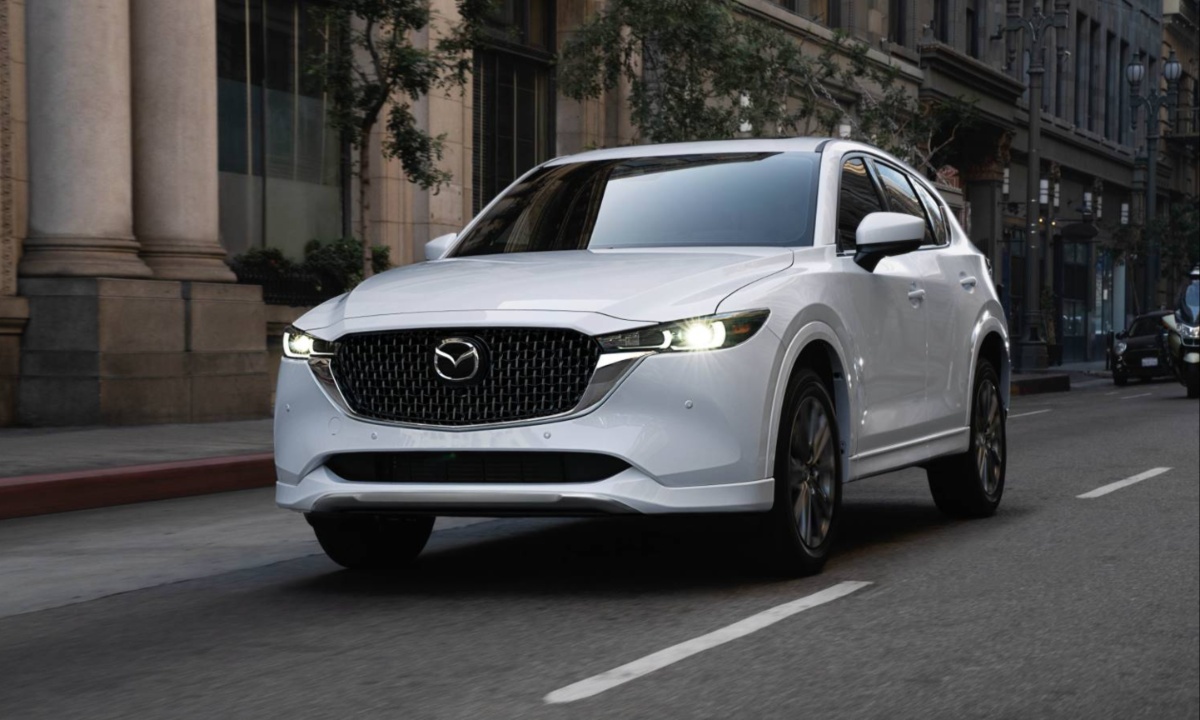
4. Buick Encore GX: GM’s Reliable Exception
While other GM vehicles struggle with quality control, the Buick Encore GX stands out as a dependable subcompact crossover. Its upscale looks, quiet cabin, and well-tuned ride make it feel more premium than its price suggests. Importantly, it avoids many of the electrical and drivetrain issues that plague its GM siblings.
High predicted reliability scores and practical fuel economy make it a smart choice for those seeking a small SUV that’s stylish and low-maintenance. Though smaller than the Enclave, the Encore GX reflects Buick’s potential when quality is prioritized, offering a reassuring experience over long-term ownership.
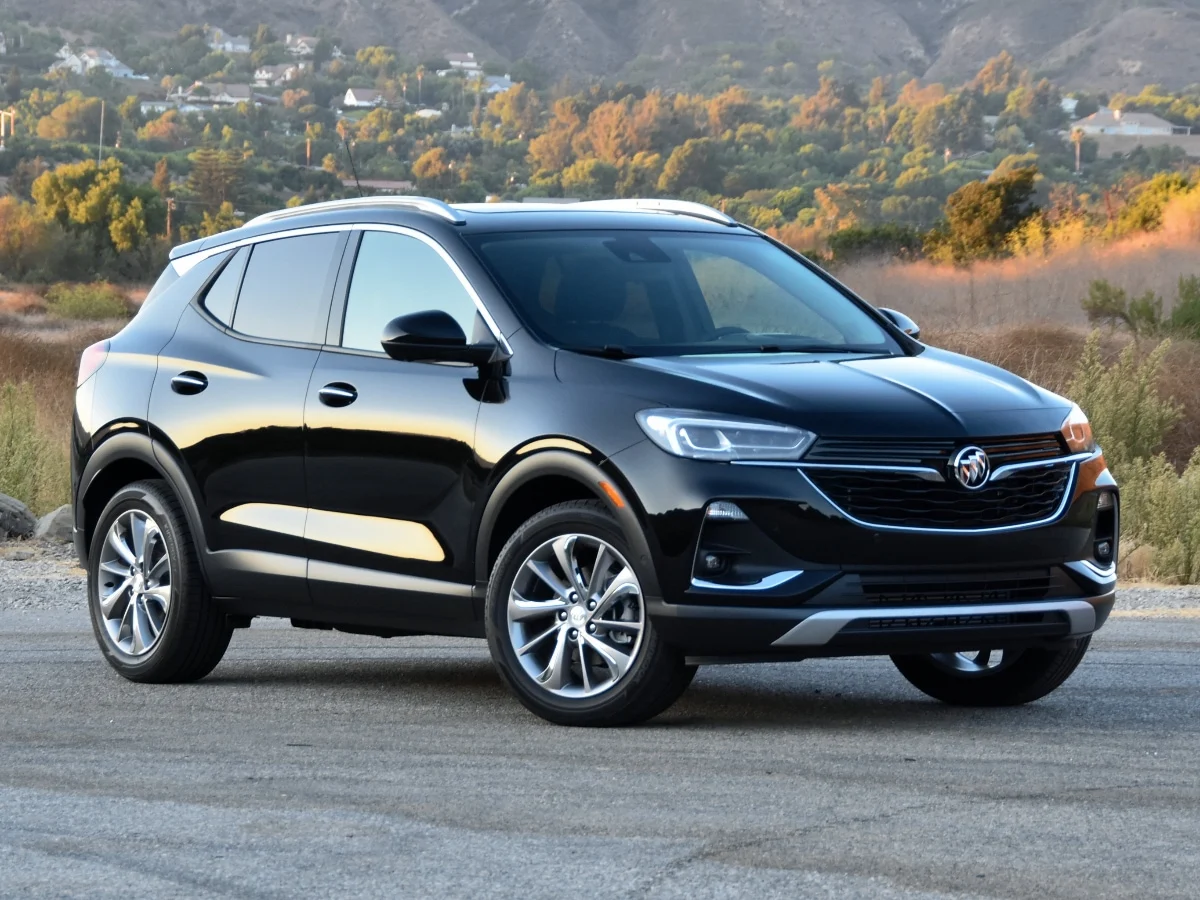
5. Toyota RAV4: The Gold Standard for Longevity
The Toyota RAV4 has become synonymous with long-term reliability and resale value. With its efficient powertrains—including hybrid and plug-in options—plus a spacious cabin and advanced safety tech, it appeals to a broad range of drivers. It’s not the flashiest or most powerful, but it excels in consistency.
Whether you’re driving in the city, off-road with the Adventure trim, or commuting daily, the RAV4 remains a workhorse that rarely lets owners down. Its track record of minimal repairs and strong residual value cements its place as one of the most trusted crossover SUVs on the market today.
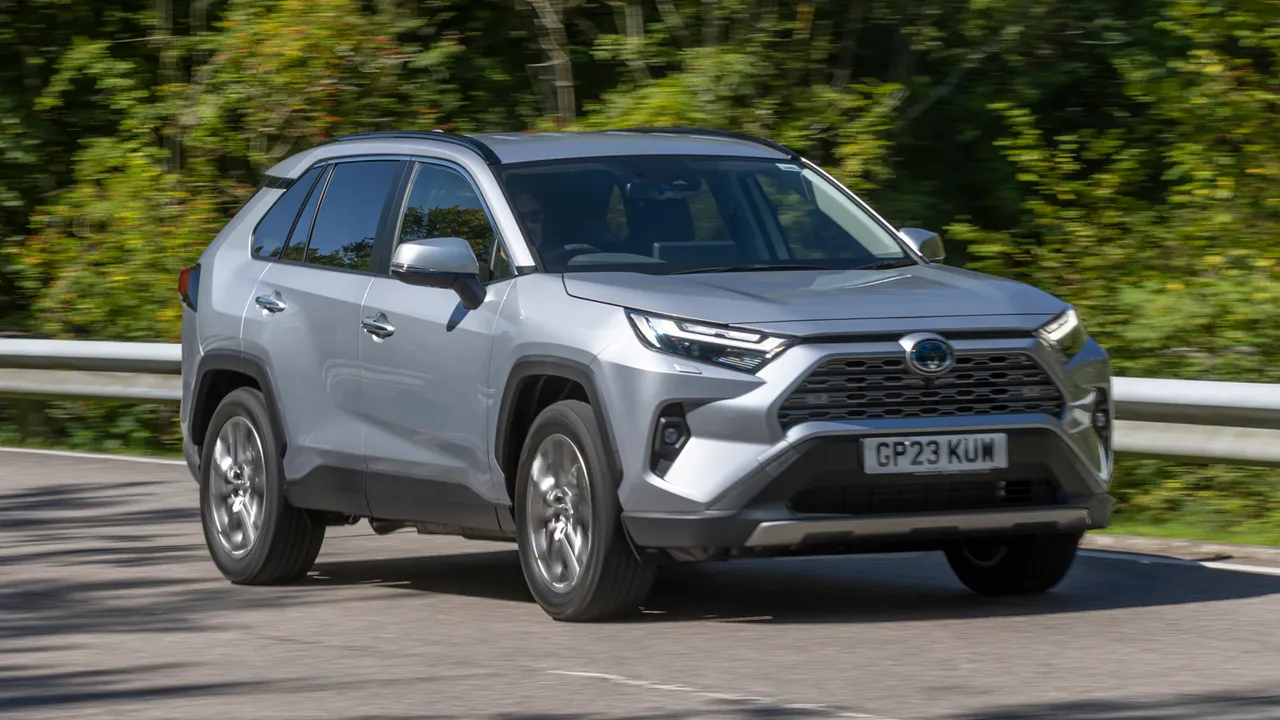
When it comes to crossovers, appearances and horsepower often dominate showroom conversations—but real value lies in long-term dependability. Vehicles like the Chevrolet Bolt EUV or Alfa Romeo Stelvio may dazzle at first, only to frustrate later with persistent issues.
In contrast, models like the Mazda CX-5 or Toyota RAV4 offer steady, hassle-free ownership. Reliability isn’t just about avoiding breakdowns; it also reduces cost, stress, and time lost to repairs.
For buyers planning to keep their vehicle beyond a lease, prioritizing proven longevity ensures a better return on investment and a far more satisfying experience on the road.
Also Read: 10 Cars with Legendary V8 Engines That Refuse to Die

